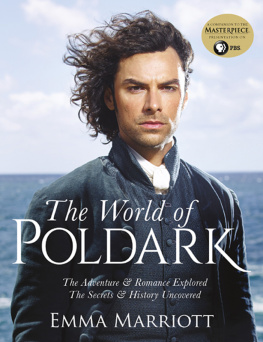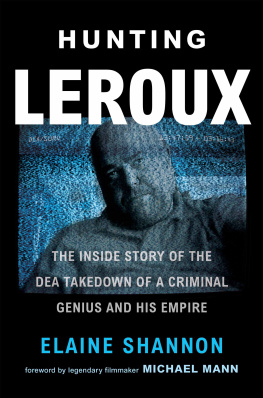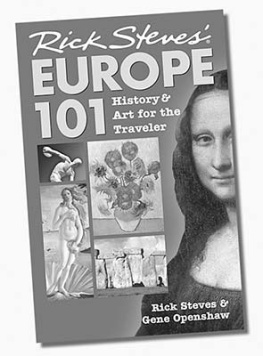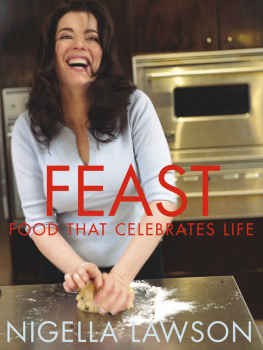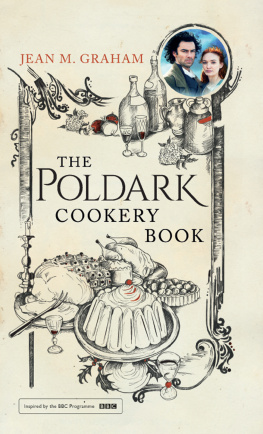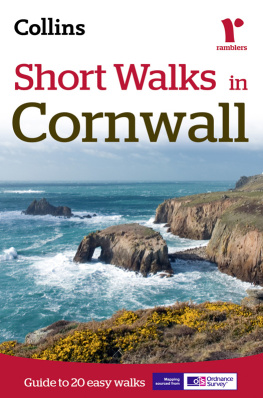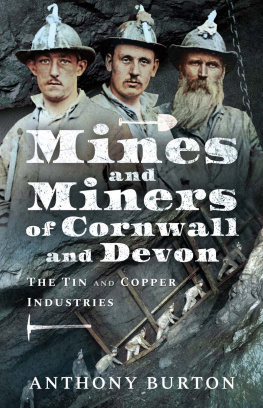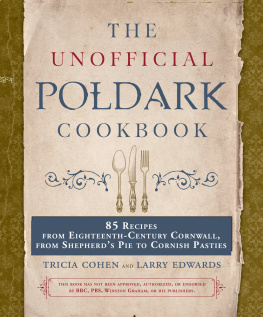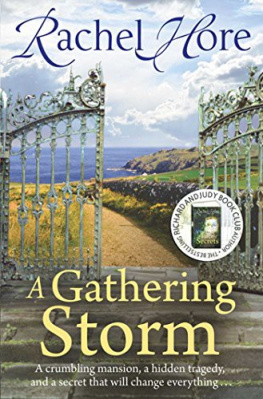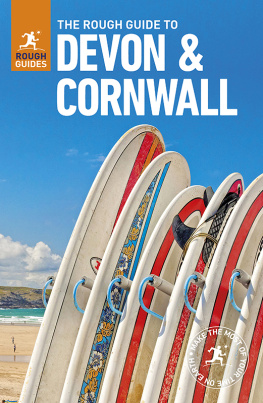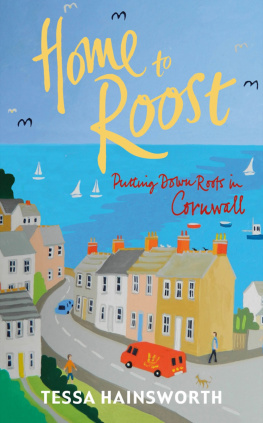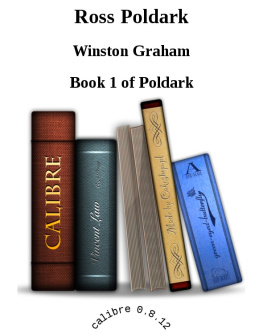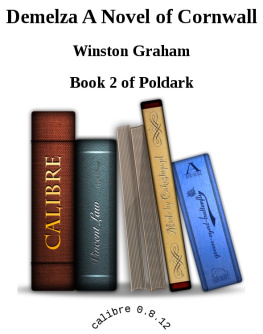The author and publisher have provided this e-book to you for your personal use only. You may not make this e-book publicly available in any way. Copyright infringement is against the law. If you believe the copy of this e-book you are reading infringes on the authors copyright, please notify the publisher at: http://us.macmillanusa.com/piracy.

by screenwriter and executive producer
D EBBIE H ORSFIELD
I first became involved with Poldark when the Mammoth Screen producers Karen Thrussell and Damien Timmer approached me to ask whether I might consider adapting the first two Poldark novels, Ross Poldark and Demelza. Having never done an adaptation before almost everything else Ive written has been contemporary my initial reaction was to think they had asked the wrong person! Nevertheless I took the books away on holiday and had read all of three pages before I was hooked. I came home and said yes without hesitation.
Once on board, my first task was to read all twelve of Winston Grahams Poldark books in order to get an idea of the journeys of the characters and the overall story arcs. The next task was to decide how many books to go for on the first series. Originally the BBC commissioned six episodes but I soon realized that this wouldnt be enough to do justice to the complexities of narrative and character so we went back and asked for eight episodes and thankfully the BBC agreed.
During the first few months of script development I did a lot of background reading: the history of the period, both British and world history, books about the mining and fishing industries in Cornwall, about the Methodist movement, about the conditions that gave rise to smuggling, etc. I listened to the music of the period, both classical and folk. It also helped that my degree is in English Literature so I was very familiar with the literature of the period, also with the vocabulary, idioms, phrases, manners, etiquette, traditions, etc.

In addition, I talked a lot with our brilliant historical advisor Dr Hannah Greig, Lecturer in History at York University, specializing in eighteenth-century studies. She looked at the scripts to check the historical content, flagging any areas that might need some adjustment or adding in a bit of historical detail here and there. Hannah also went to rehearsals to meet the cast and talk about eighteenth-century history, the context of the period, human experiences, mannerisms and culture and any questions that came up from the cast.
Andrew Graham, the authors son, has been unfailingly supportive and very hands on. Every key decision is run by him and we have been in constant contact from the script stage onwards. He reads all the scripts and gives feedback. We also consult with him on major casting and creative decisions.
One of my main concerns from the outset was to do justice to the novels. Winston Graham is a masterly storyteller and his characters are wonderful creations. In a way I felt the same weight of expectation as I might have done if I had adapted a Jane Austen or a Dickens novel not because of the many other adaptations that might be compared to it but because of wanting to do justice to the original material. I hadnt watched the 1970s series, and opted not to do so until Id written most of the scripts. In any case I and the team at Mammoth Screen were clear that we were creating something new rather than remaking a previous version, so whilst it was interesting to see the 1970s incarnation and totally get why it was so popular! it didnt feature in any of our decision-making. Obviously though, we were aware of its huge popularity, and hoped that fans would find something to enjoy in the new adaptation. And whats been exciting is that theres a whole generation which had never seen or in some cases even heard of the first series, so for them we started with a clean slate.

Director Ed Bazalgette and Debbie Horsfield.

Filming in Corsham, Wiltshire.
The narratives of the Poldark novels are multi-stranded with characters which are so beautifully drawn you feel they could actually walk into the room. The stories themselves are both epic in their sweep and exquisitely detailed in the creation of their world. They are set against a backdrop of great historical, social, economic turbulence and they deal with compelling themes such as ambition, rivalry, betrayal, family and of course, love. When I first read them I was reminded of Margaret Mitchells Gone With the Wind, which is similarly a portrait of a society at a time of great change, with an epic love story at its heart and a cast of unforgettable characters.

A key element of Poldark, of course, is Ross Poldark. He is one of literatures great heroes: a gentleman who is also a rebel, who has a keen sense of morality and social justice but without any priggishness or moralizing. Hes also a great romantic figure caught between two women from two completely different backgrounds. A gentleman who marries his kitchen maid. A man who doesnt stand on ceremony, who doesnt play by the rules and often falls foul of authority. He has elements of Darcy, Heathcliff, Rochester, Rhett Butler and Robin Hood quite a combination!

